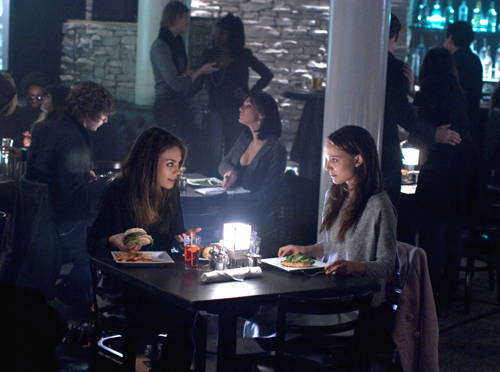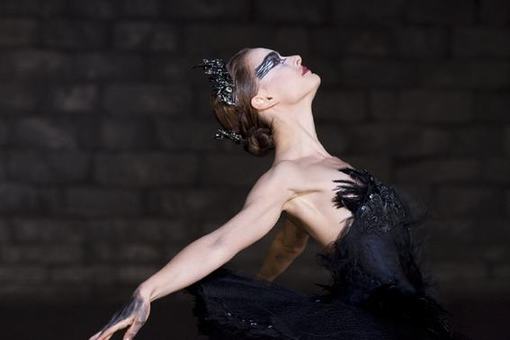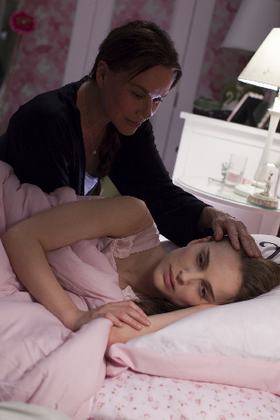|



Reviews
Black Swan is one of those is-it-real-or-not films that can prove frustrating to impatient viewers and rewarding to those seeking subtle clues and puzzle pieces. It revels in symbolism and kinetic camerawork that adds thrills to not only the mystery of the plot, but also to the impressively executed ballet sequences. The core story of Nina's struggles is nothing new, but the setting and style that Aronofsky provides helps make it stand out from similarly themed psychological thrillers.
By Mark H. Harris, from About.com
Just like the final performance by its deeply disturbed heroine, Black Swan is perfect. The thriller never allows a moment of relief from its tension; whether at rehearsal, in the apartment Nina and her mother share, or out at a bar, it always leaves you with the feeling that something horrible is about to happen. Clint Mansell's music contributes greatly to this feeling. His eerie variation on the original Swan Lake score keeps you constantly on the edge, only to startle you with jarring notes when the movie climaxes.
By Kristin Hunt, from Premiere
Black Swan is a high-wire act for Aronofsky and Portman as they lure us into Nina's tormented mind. The swirling hand-held camerawork of Matthew Libatique, coupled with a Clint Mansell score that channels Tchaikovsky's ecstatic dread, adds to the whirlwind. At the center of it all is Portman. The actress, 29, trained in ballet as a child and drilled hard for nearly a year to master the choreography and do most of her own dancing. Portman's portrait of an artist under siege is unmissable and unforgettable. So is the movie. You won't know what hit you.
By Peter Travers, from Rolling Stone
|

